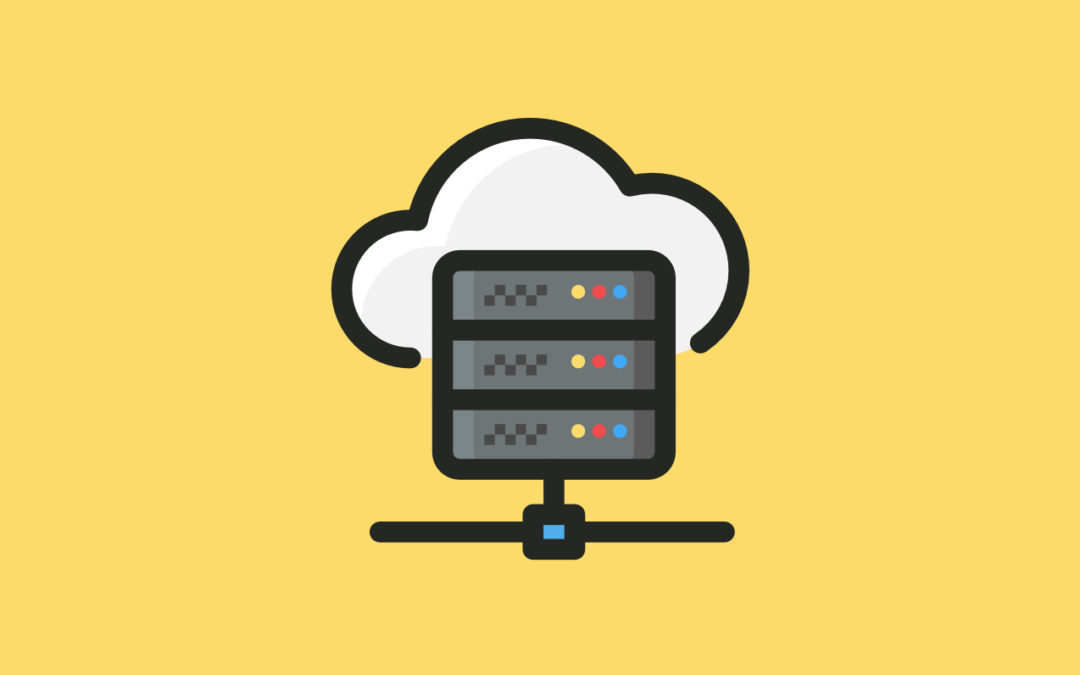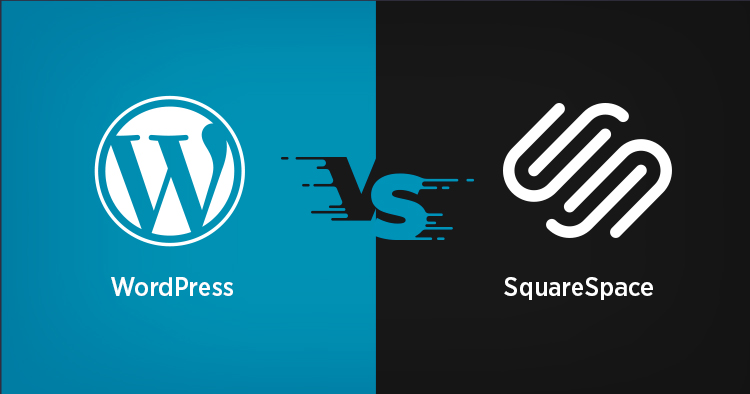Here are 6 Things To Know Before Starting as a QA Engineer
If you have an eye for detail, take pleasure in solving problems, and have a good grasp of how people use software, you may want to consider a career as a quality assurance (QA) engineer. The job of a QA engineer is to make sure that new apps are fully functional before they are made available to consumers. They ensure that all software is up to company standards by thoroughly testing it and actively searching for issues.
If you’re thinking about shifting to this career, keep reading! In this article, we’ll share some things you need to know before embarking on your journey towards becoming a QA engineer.

1. It’s Not a Piece of Cake
More and more people are deciding to leave their comfort zone and pursue a career in the IT industry. And a huge percentage of these individuals are deciding to try out a QA career since it appears to be the most uncomplicated.
Contrary to popular belief, this is not the case. As a QA Engineer, you must put the same level of time and energy as a software developer to succeed. You’ll need to learn plenty of technical skills, but you’ll also have to develop the ability to apply them appropriately. A QA Engineer has a wide range of responsibilities and must have a thorough awareness of the development process and the company’s objectives. When it comes to QA engineering, it’s not just about identifying and reporting bugs.
2. Learning a Coding Language Can Be Highly Beneficial
For aspiring QA engineers, learning to code in object-oriented languages like Python, Java, or C# Dan is a huge plus. However, your choice of programming language depends on the type of work you plan to do in the future, from software development to web development to embedded systems. For instance, a QA engineer for web development needs to be familiar with HTML, CSS, and JS.
As a QA engineer, learning to code allows you to comprehend the development team’s mental processes and recognize and forecast possible failure scenarios in a product that you would otherwise be unable to. In the software sector, a basic understanding of coding is essential.

3. Understand Business Objectives and the Client
Understanding the client’s business objectives takes you from being a good QA engineer to a great one. Developing and testing code aren’t the only things you’re responsible for. It’s also about creating value for the company.
To get a clearer sense of the bigger picture, you need to test the code on top of being well-versed in company objectives. This helps you add more value to the finished product. You turn an idea upside down and back again, dismantle and reassemble it to discover its flaws and limitations. When testing a product, you need to consider it from the client’s viewpoint but also put yourself in the end-user’s shoes so that you can anticipate how they will use it.
4. Never Stop Learning
Information technology is changing at a breakneck pace, and no one can predict what the future will bring. Staying on top of the latest languages, frameworks, tools, and design approaches can be challenging. However, if testers aren’t constantly improving their skills, they risk being left behind in the fast-moving world of software development.
A team is only as good as its weakest link. You’ll have more options, even within your own company, if you improve your talents. When you’re constantly learning, you’ll be able to encourage new ideas and help your team thrive. Introducing fresh ideas and concepts to your team challenges them to come up with new and innovative ways to accomplish their tasks.

5. Ask the Right Questions
Software testing involves a great deal of questioning. As such, it’s crucial for QA engineers to know how to ask the right questions. Think about what’s relevant from a user’s perspective or a competitive standpoint. Then, try to find out why the client chose the product and what makes it unique. When looking for a problem’s root cause, asking why five times can help explore the underlying cause-and-effect relationships.

The more you share, the more you help each other! Spread the word about great blog posts you’ve read or new tools you’ve discovered. When you share knowledge with your team, you’re demonstrating that you’re eager to learn and that you wish to support them in their growth and fulfill the goals of your group. Building a successful team begins with being open about the things you’ve learned, the good and the bad, the mistakes and the successes you’ve had.
Conclusion
A career in QA engineering can be both lucrative and fulfilling. In this article, we’ve shared six tips to help you become an excellent QA Engineer who contributes to the success of your team and the company. If you have been planning to shift to this field, we hope that this article can help your career get off to a good start.







0 Comments